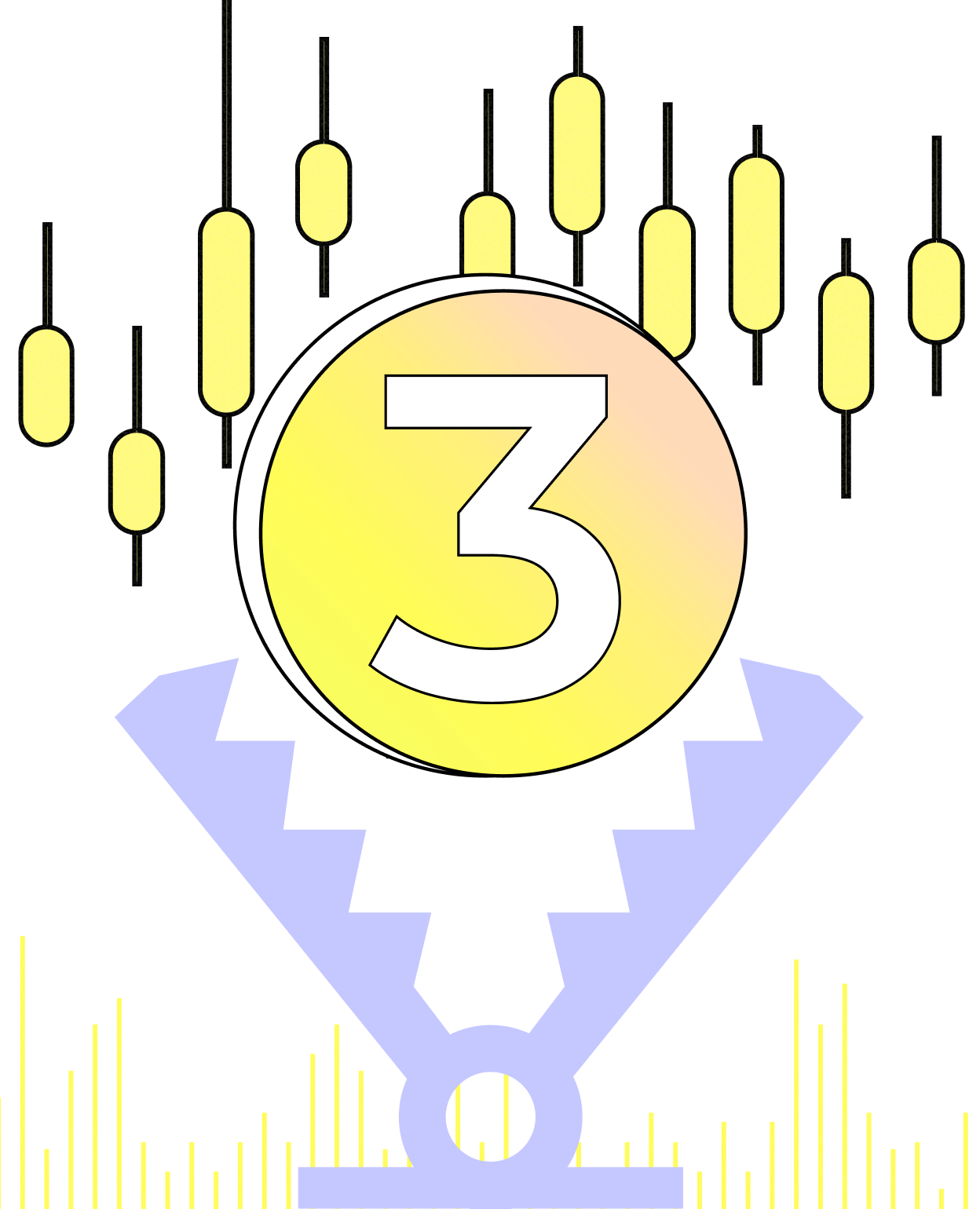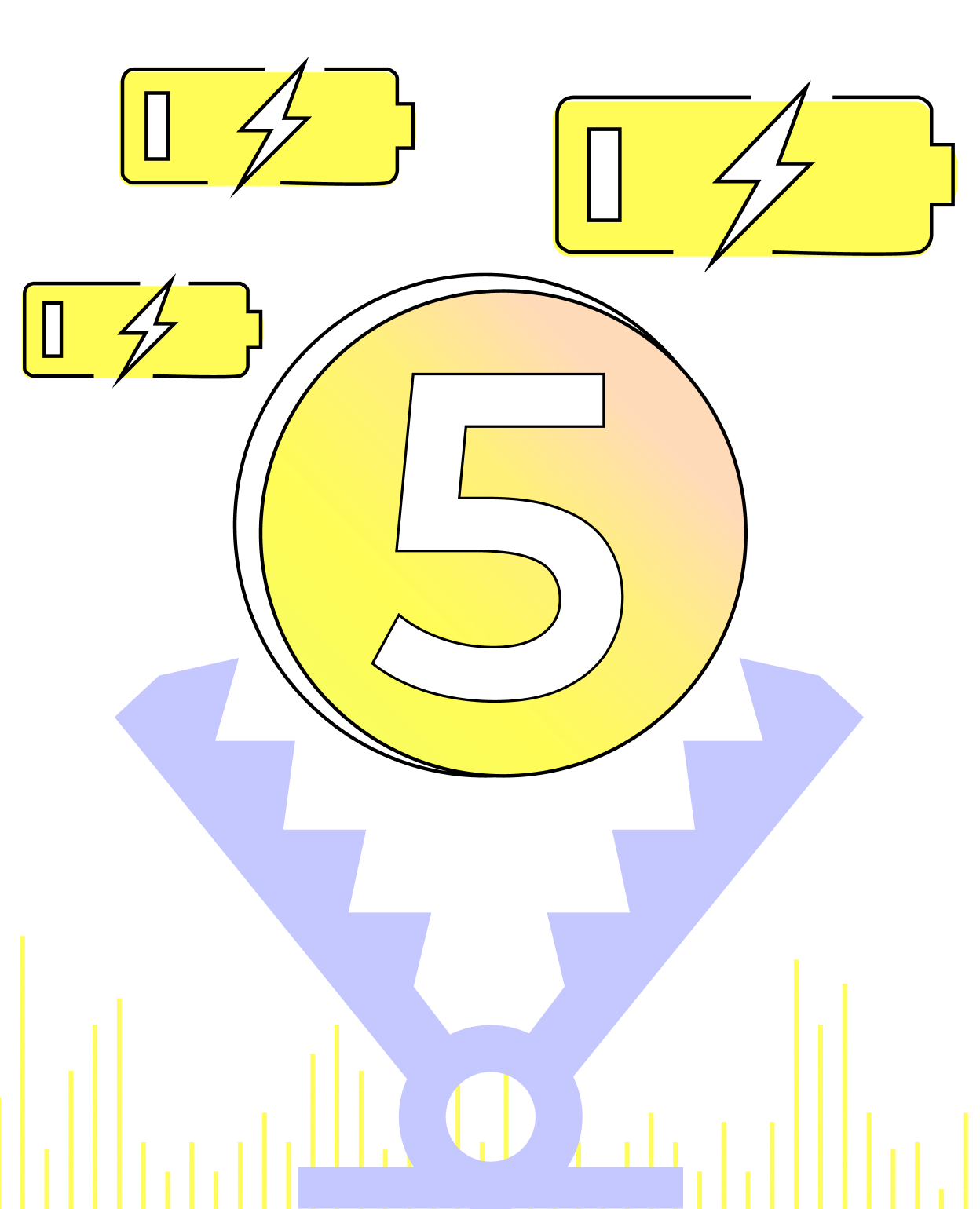
Five Common Traps for Experienced Traders That Beginners Manage to Avoid
In the field of trading, the experience and problems of professionals and beginners differ markedly. A classic example of a challenge for professionals is the so-called “curse of knowledge”. This phenomenon often manifests when experts find it challenging to adopt the perspective of a beginner, who lacks extensive knowledge on a subject, yet this novice viewpoint can offer a valuable, abstract perspective on the matter.
An important lesson for professionals is the ability to periodically question and critically reflect on their own assumptions. This understanding is especially relevant for professional traders, who must regularly evaluate their strategies and decision-making processes to remain effective and relevant in the ever-changing trading landscape. There are other items on this list that professional traders should be aware of to avoid common mistakes and maintain their edge in the competitive trading world.

The Overconfidence Obstacle in Trading
Overconfidence is a trap that even the most experienced professional traders can fall into. With considerable experience and knowledge, they often develop a heightened sense of confidence in their understanding and prediction of market movements. This can lead to risky decisions based on the belief that they are constantly able to outperform or outsmart the market. On the contrary, beginners often show a more cautious approach due to their lack of experience, which can sometimes play into their hands.
To combat overconfidence, it is crucial for traders to maintain a continuous cycle of self-evaluation and strategy improvement. Getting feedback from other experienced traders can provide invaluable insights and help challenge your own views. In addition, it is very important to show humility and a willingness to admit mistakes. Acknowledging and accepting losses when they occur, rather than doubling down in response to strategic failures, is a critical part of risk management.

How Confirmation Bias Distorts Trading Strategies
Confirmation bias is a major problem for traders, often causing them to interpret information in a way that confirms their existing beliefs or hypotheses. This cognitive bias can lead traders to selectively seek out or give undue weight to evidence that supports their current positions, ignoring or devaluing information that contradicts them. In the most detrimental cases, traders suffering from confirmation bias may continue to cling to their strategies even in the face of clear market warnings, akin to wearing rose-colored glasses among the warning signs.
To avoid falling into the trap of confirmation bias, it is important for traders to stick strictly to their trading plans while remaining receptive to new information and prospects. This includes regularly reviewing and adjusting strategies based on objective data rather than personal beliefs or desires. This approach ensures that decisions are sound and rational, reducing the risk of being influenced by personal biases.
Interestingly, newcomers often have an edge in this field. Without preconceived notions or deep-seated biases about market behavior, they may be more open to seeing the market as it is, rather than as it should be. Such openness can sometimes lead to more objective assessments and decisions.
Incorporating issues related to confirmation bias and strategies to counter it into a trader’s arsenal adds another dimension, emphasizing the importance of objectivity and adaptability in trading. This underscores the idea that successful trading is not only about knowledge and experience, but also about the ability to remain impartial and flexible in the face of changing market dynamics.



The Dangers of Overtrading in the Financial Market
Over-trading is a common trap even for experienced traders, who may feel compelled to constantly participate in the market to confirm their professional status. This compulsion can sometimes stem from the thrill and attraction of trading combined with the prospect of substantial profits. In contrast, beginners, constrained by their limited experience, confidence, and resources, are less likely to engage in frequent trading. Ironically, this restraint often works in their favor.
To counter the trend of over-trading, it is crucial for professionals to shift their focus from quantity to quality. This means prioritizing trades with a higher probability of success and being patient while waiting for the most opportune moments to enter the market. It’s helpful to take a long-term view of trading, treating it as a marathon rather than a sprint. This approach not only improves the quality of decision-making, but also helps to maintain the emotional balance necessary for sustainable trading success. In this way, traders can avoid the common trap of over-trading by ensuring that their decisions are driven by strategy rather than the simple excitement of participating in the market.

Adaptability in Trading: Overcoming Inflexibility
The inflexibility trap is another major problem that professional traders often face. Reliance on past performance and established strategies can lead traders to stagnate in a dynamic and rapidly evolving market. This rigidity can lead to a reluctance to embrace change, leading to missed opportunities and potential losses.
It is vital for professionals to continually evaluate and adapt their strategies in response to fluctuating market conditions. This can include stepping outside of your comfort zone, experimenting with new approaches, or even delving into different asset classes. This adaptability helps not only to capitalize on emerging opportunities but also to mitigate the risks associated with market volatility.
Essentially, flexible trading strategies serve as a hedge against the pitfalls of a static approach. By being open to change and ready to evolve, professional traders can maintain their edge in the market. This constant evolution is crucial in an environment where historical success does not guarantee future results, and where market dynamics can change unexpectedly. As such, flexibility is not just a growth strategy, but a necessary tool to survive in the ever-changing world of trading.




The Burnout Factor: A Trader’s Warning
The problem of burnout is especially relevant for professional traders, who often gain their experience through long hours of work, constant monitoring of the markets, and significant pressure. This intense regimen, exacerbated by the stress, anxiety, and uncertainty inherent in trading, can profoundly impact a person’s mental and physical well-being. Without proper adjustments, this relentless pace can inevitably lead to burnout, characterized by emotional, physical, and mental exhaustion.
To prevent burnout, it is crucial for traders to take precautions. This includes taking regular breaks from the trading environment to relax and recharge. Self-care practices, such as exercise, meditation, or engaging in hobbies, can provide much-needed mental and physical relief. In addition, seeking support, whether through professional counseling or peer-to-peer support networks, can be invaluable in managing trade-related stresses.
Conclusion
It’s important to remember that being aware of these potential pitfalls is key to avoiding them. By focusing on effective risk management, committing to continuous learning, and maintaining discipline, traders can adeptly navigate the complexities of the financial world. Focusing on these aspects ensures that trading remains a sustainable profession rather than a short-term venture plagued by pitfalls such as burnout. A trader’s goal is to trade like a pro not only now, but also in the long term, and prioritizing one’s own well-being is an integral part of this journey.
The path to becoming a successful professional trader is fraught with potential pitfalls, ranging from over-trading and inflexibility to the psychological challenges of overconfidence and confirmation bias, not to mention the constant risk of burnout. Each of these traps presents unique challenges that require awareness, strategic thinking, and emotional intelligence to navigate effectively. As trading evolves with new technology and market dynamics, it’s crucial for traders to remain adaptable, continually reassess their strategies, and embrace learning. Seeking feedback, acknowledging, and learning from mistakes, and maintaining a balanced perspective are essential to avoiding these common pitfalls.
But it’s not just about avoiding traps, it’s about a continuous process of growth and adaptation. Traders should strive to be lifelong learners, seek resources, and engage in introspection to improve their strategies and decision-making processes. The key to long-term trading success lies not only in the strategies you use, but also in the way you think about the market. Through diligence, discipline, and a commitment to continuous improvement, it is possible to successfully navigate the complex and dynamic world of trading, resulting in both professional achievements and personal satisfaction.